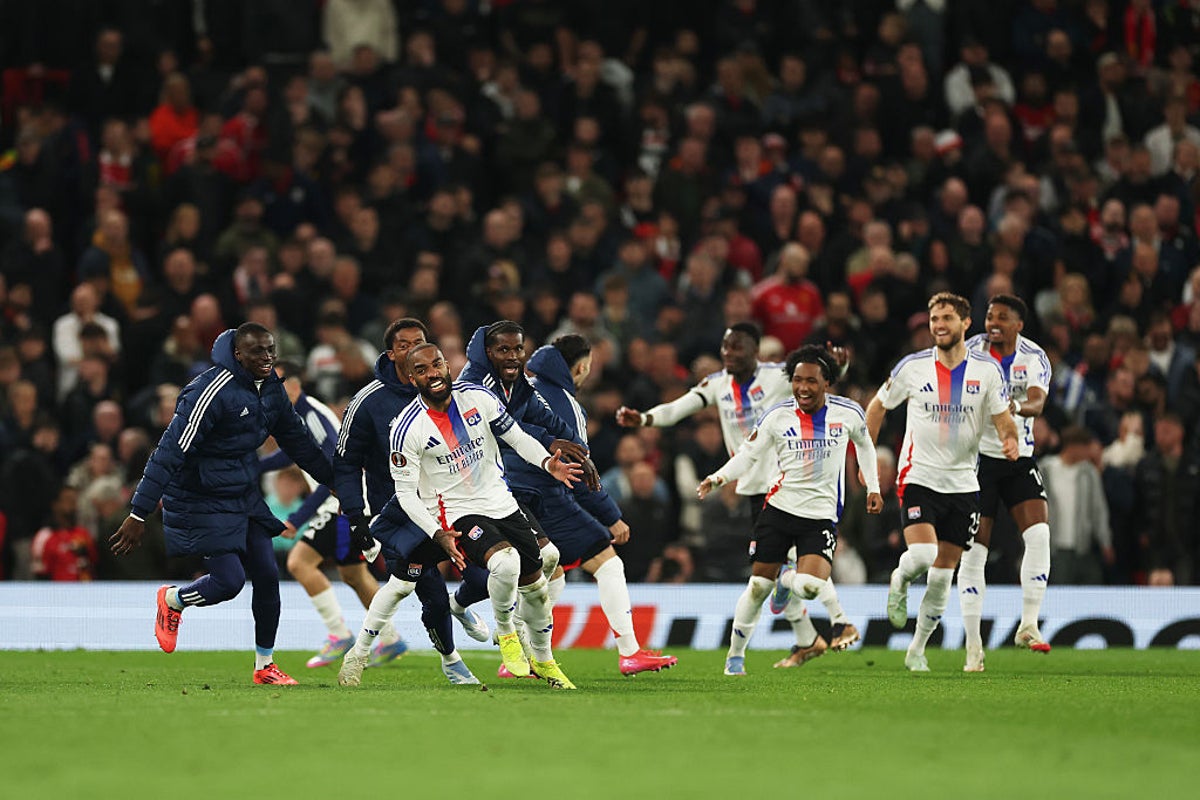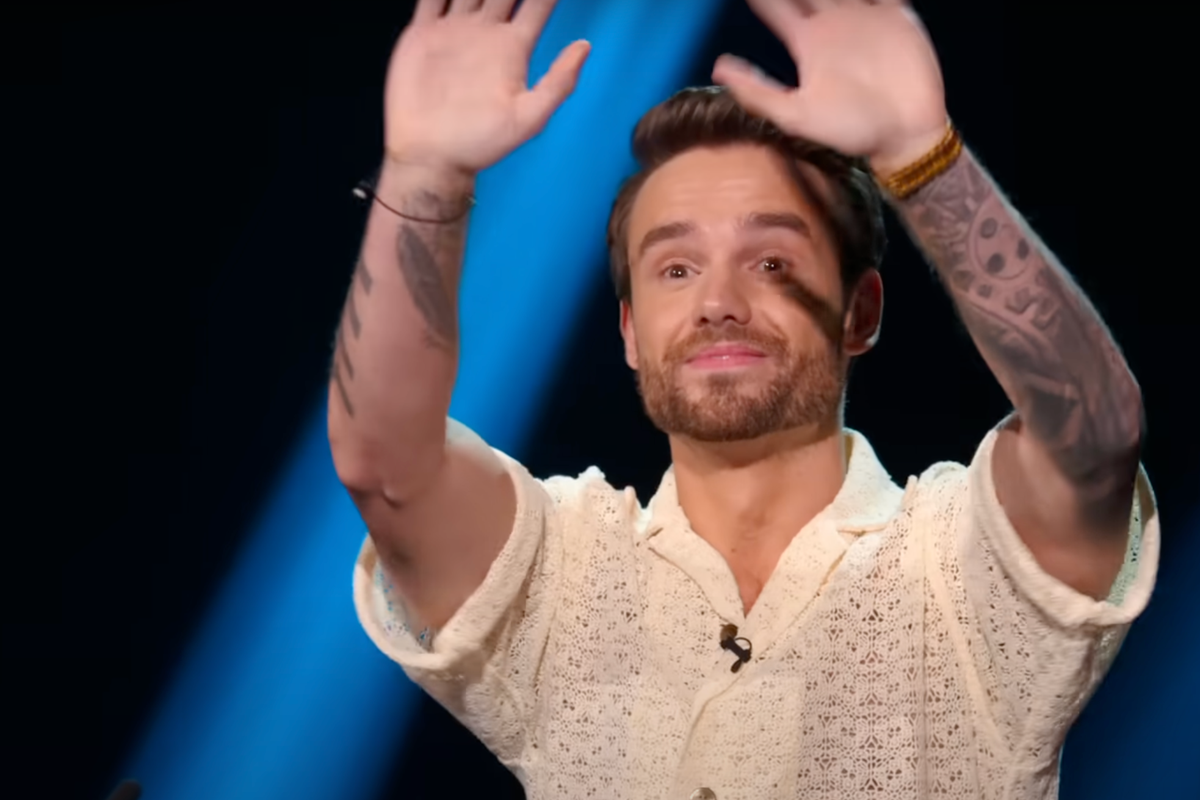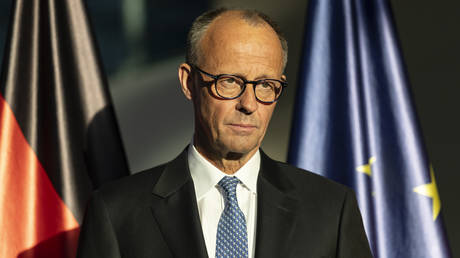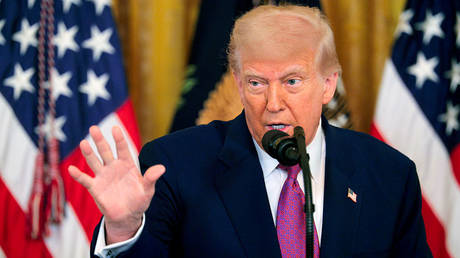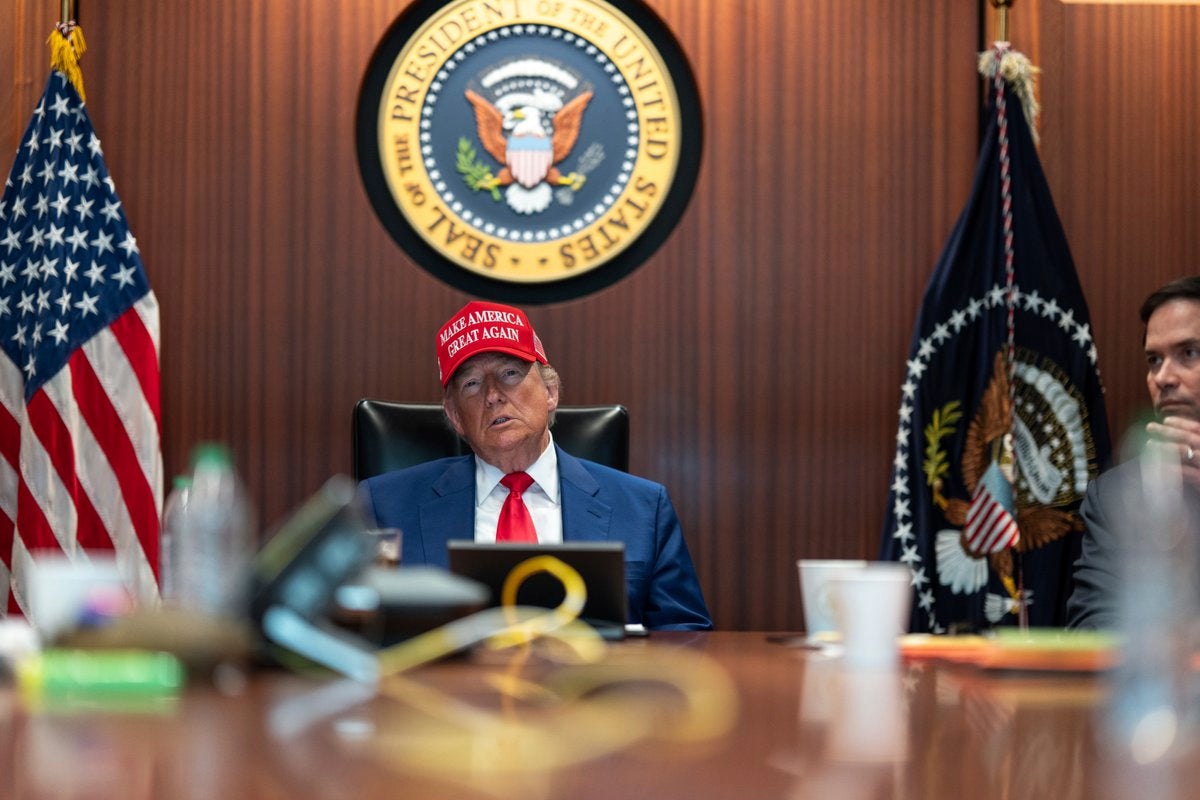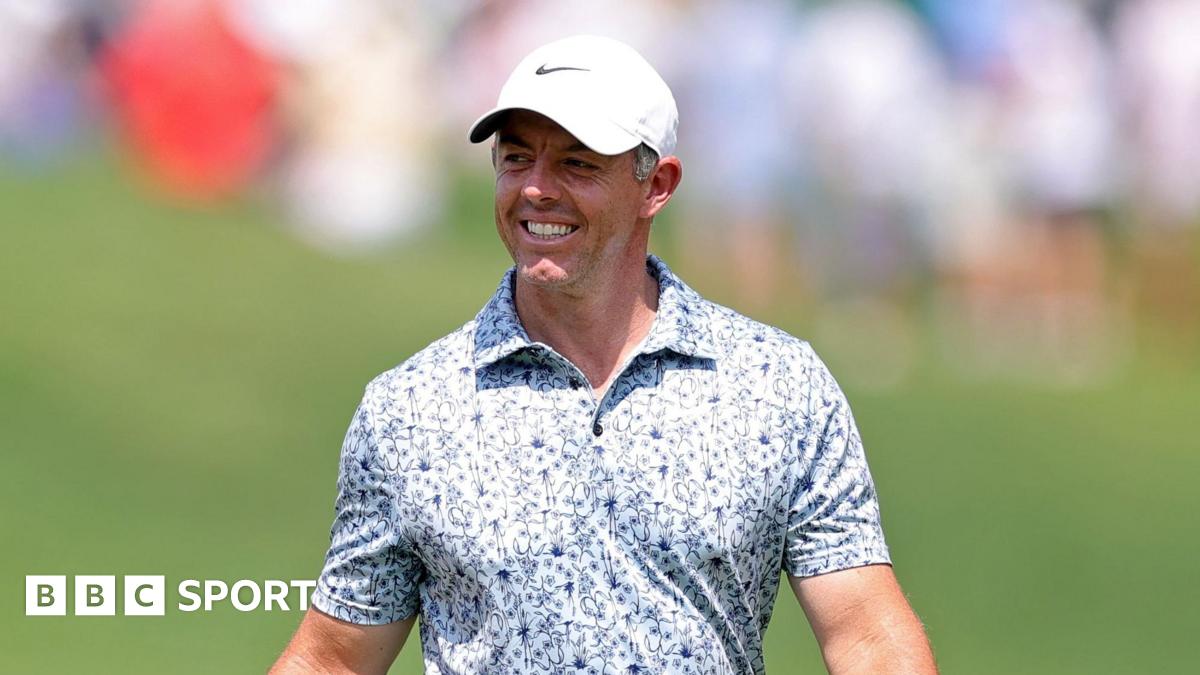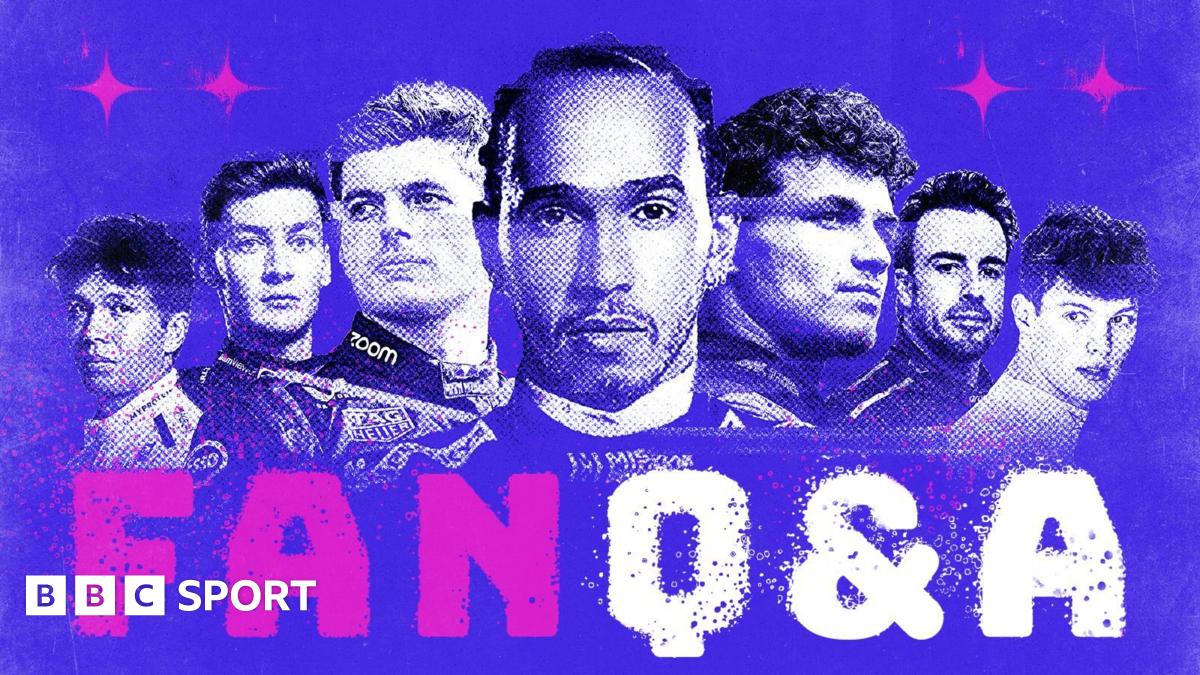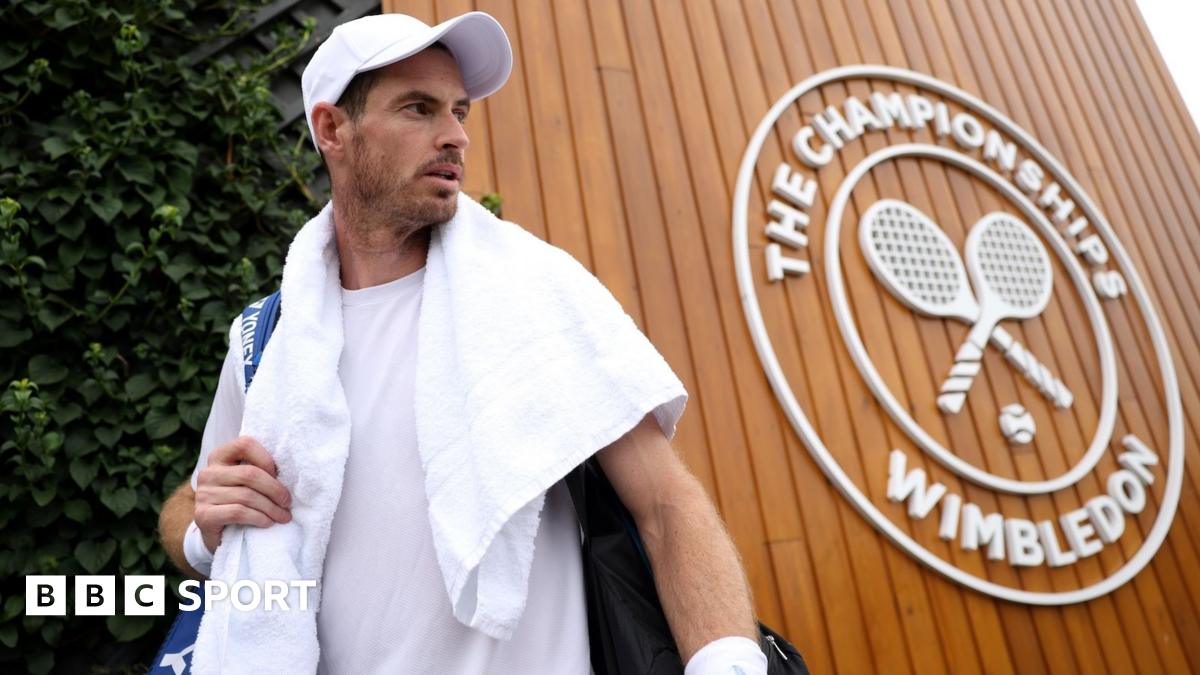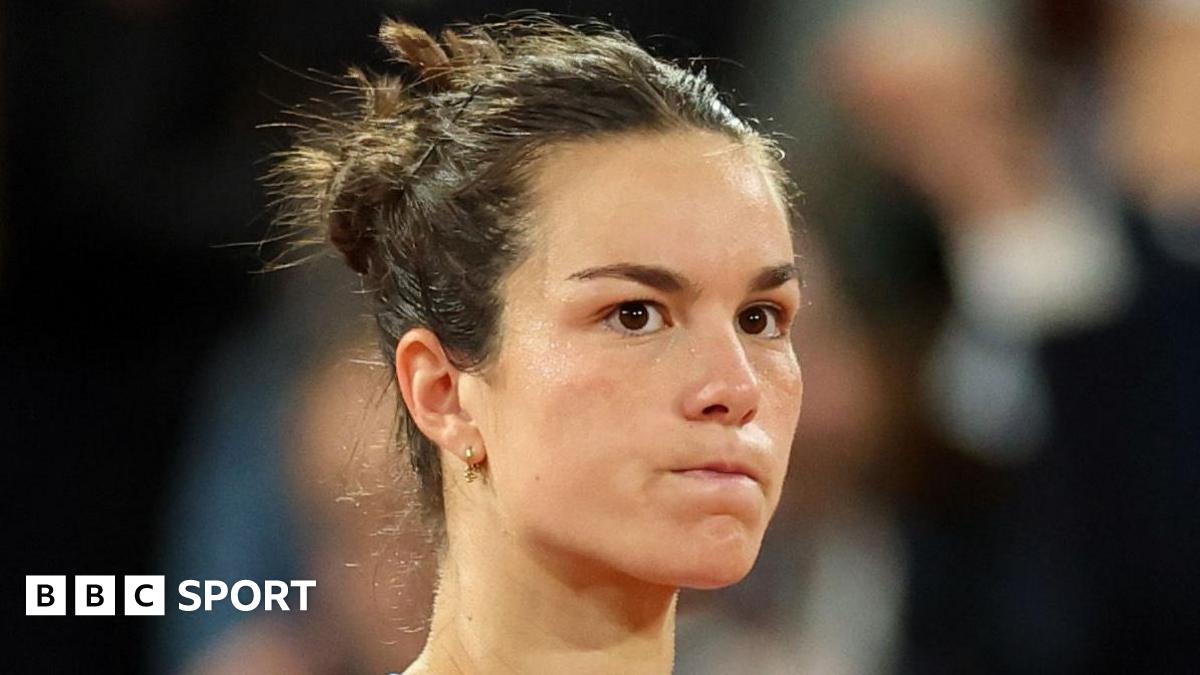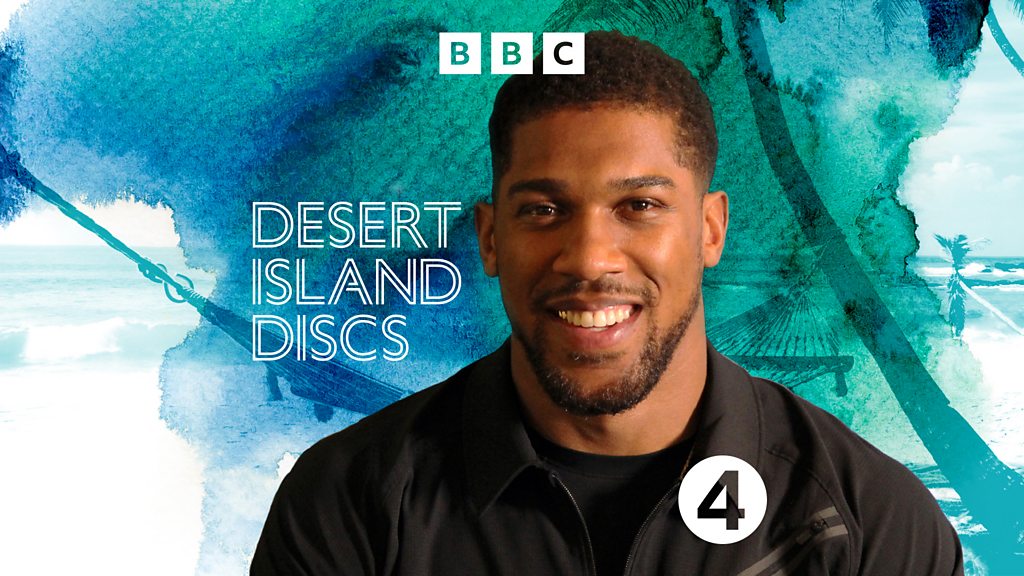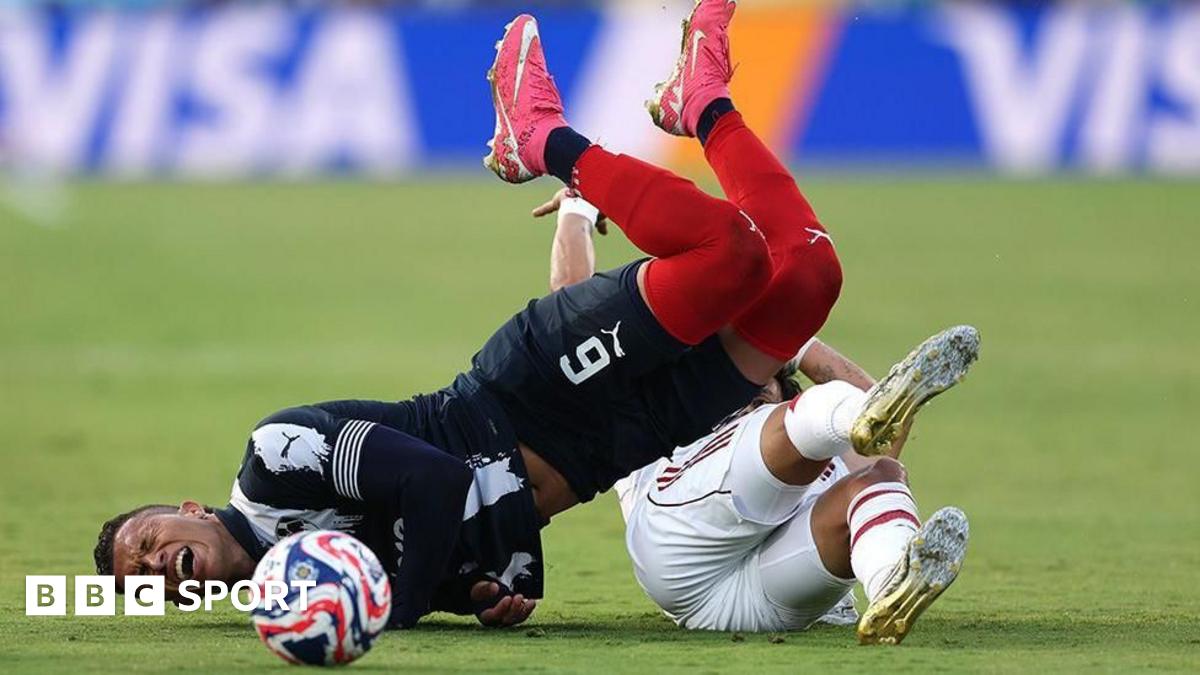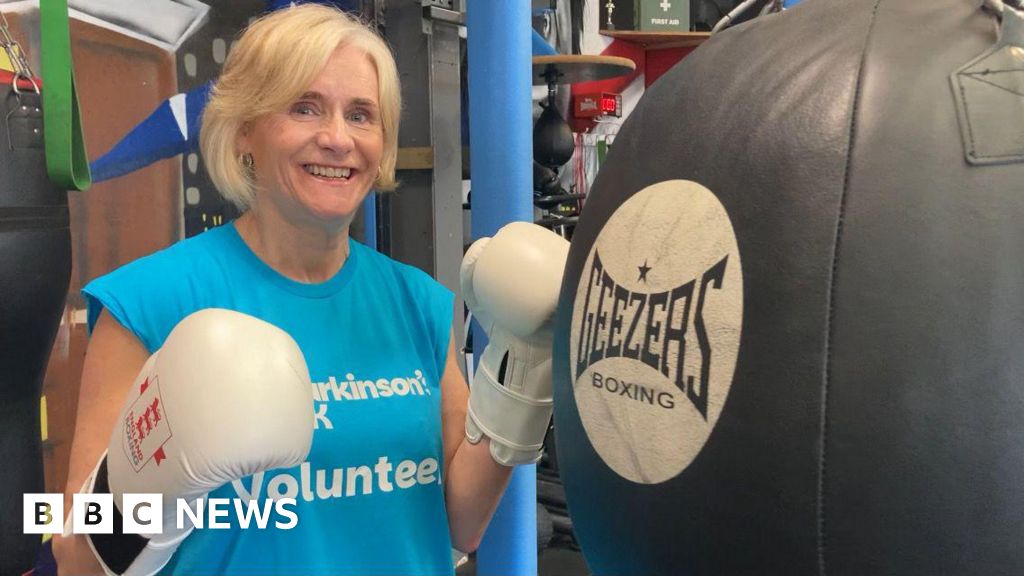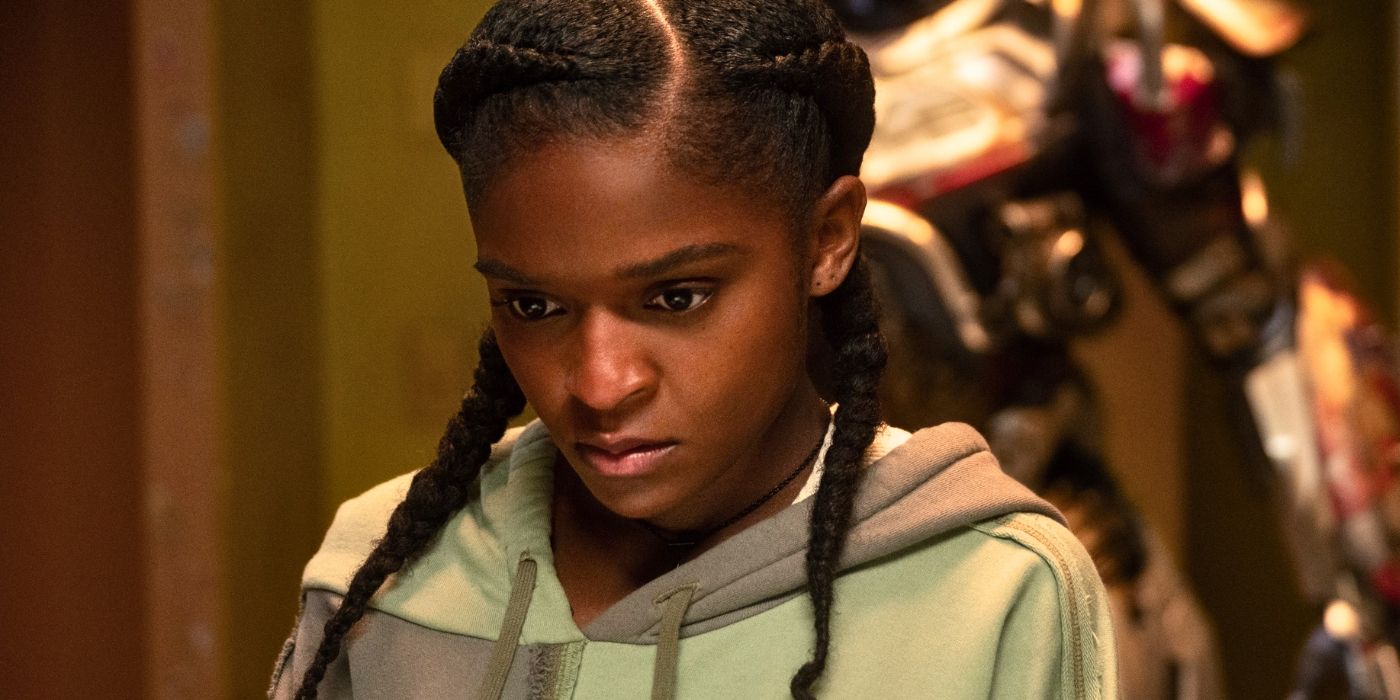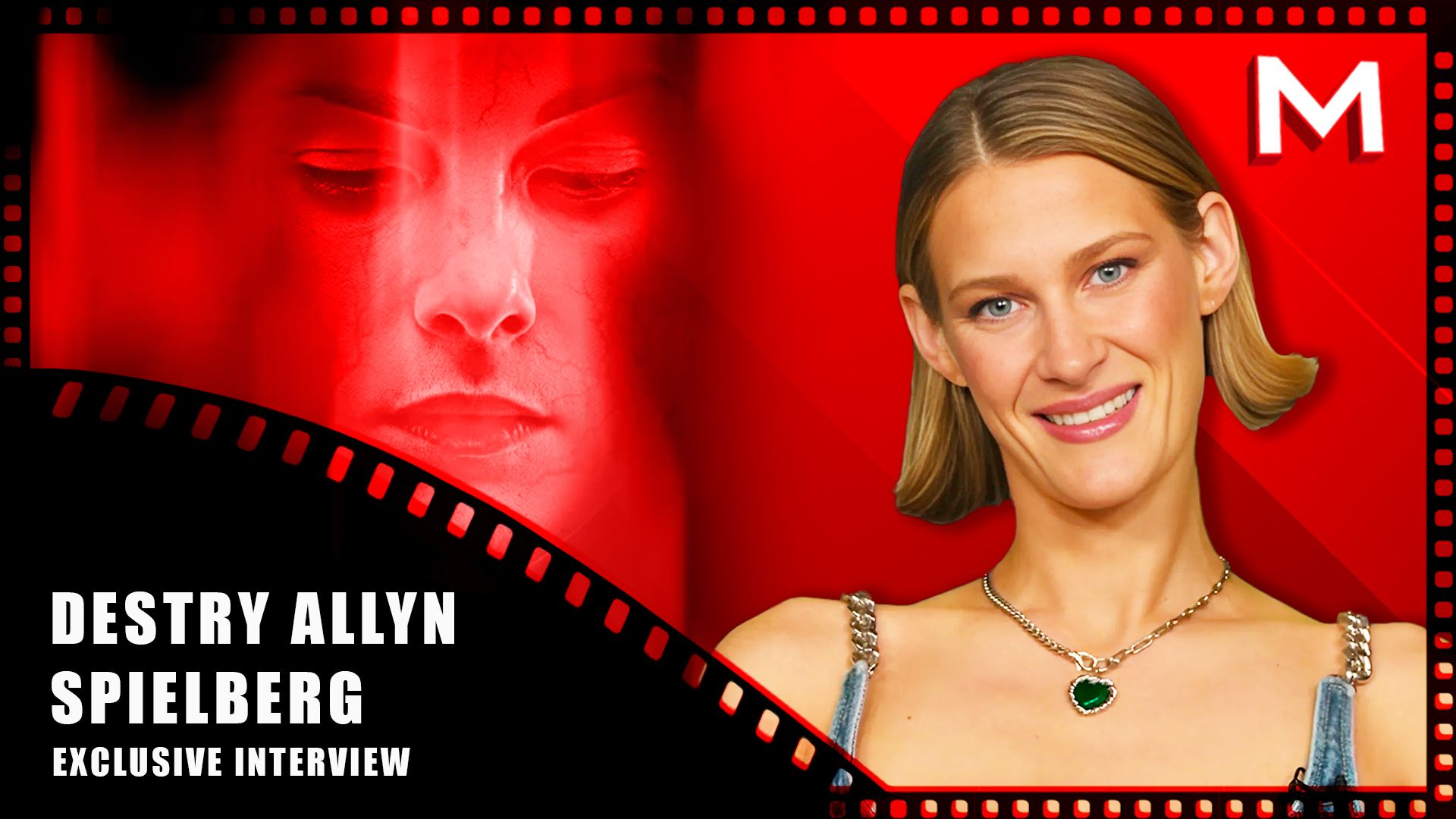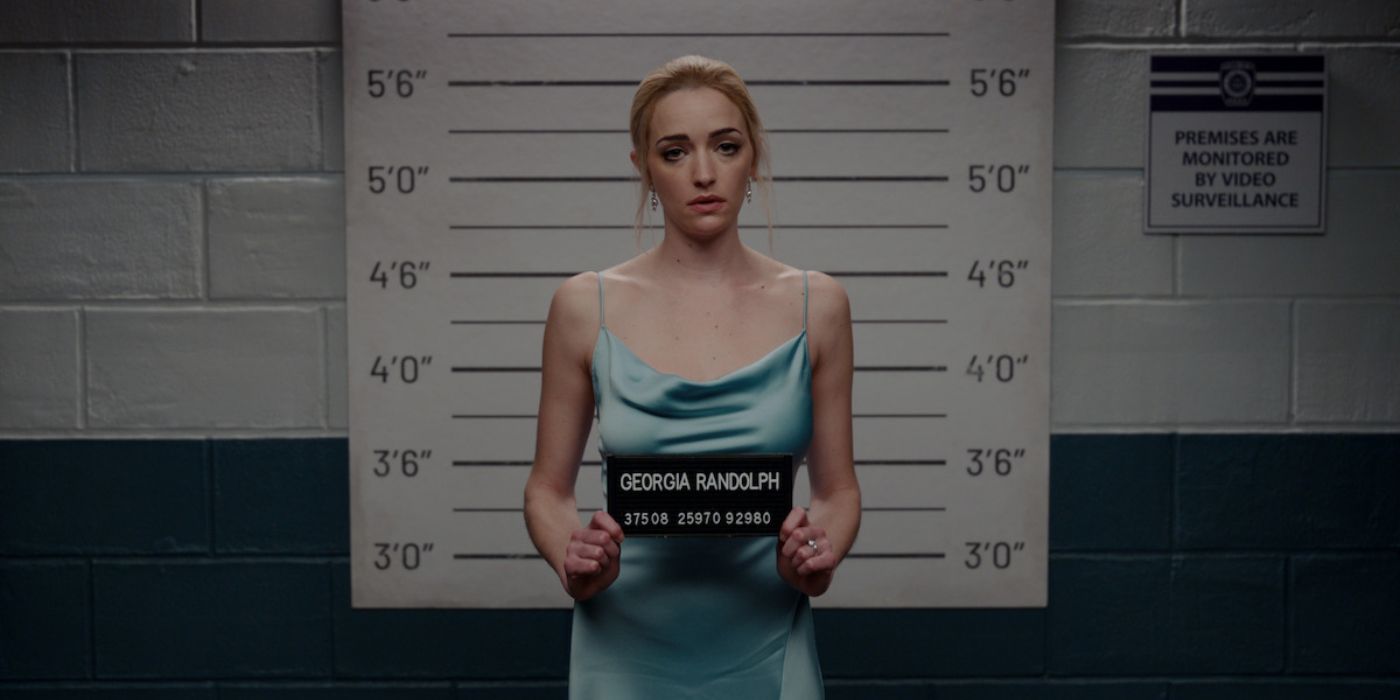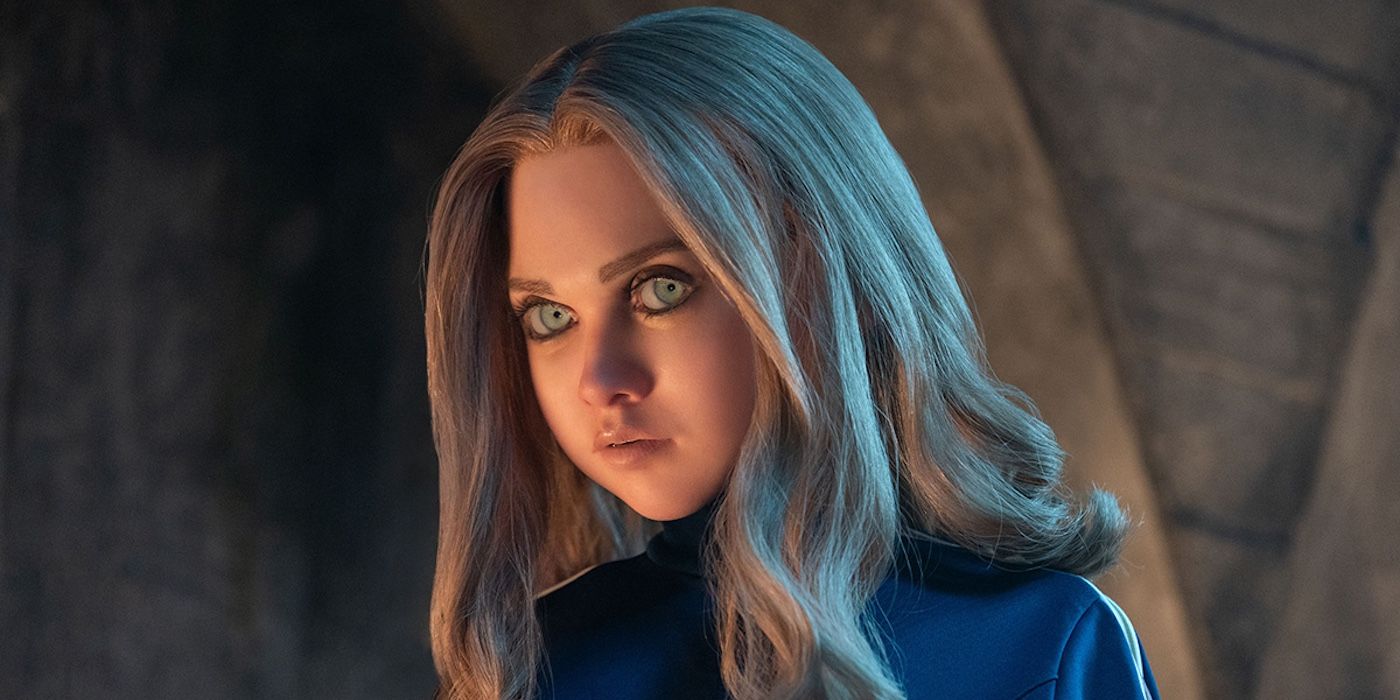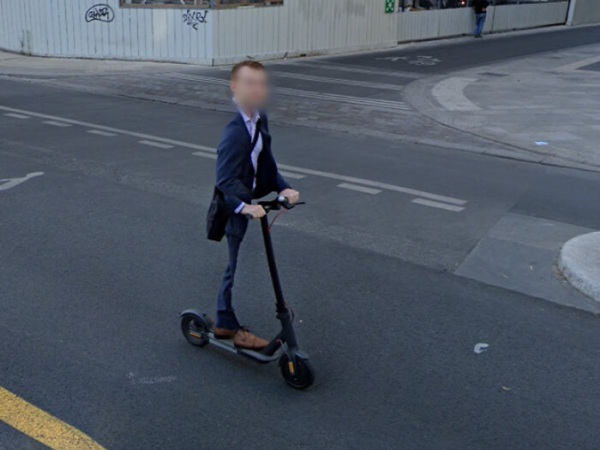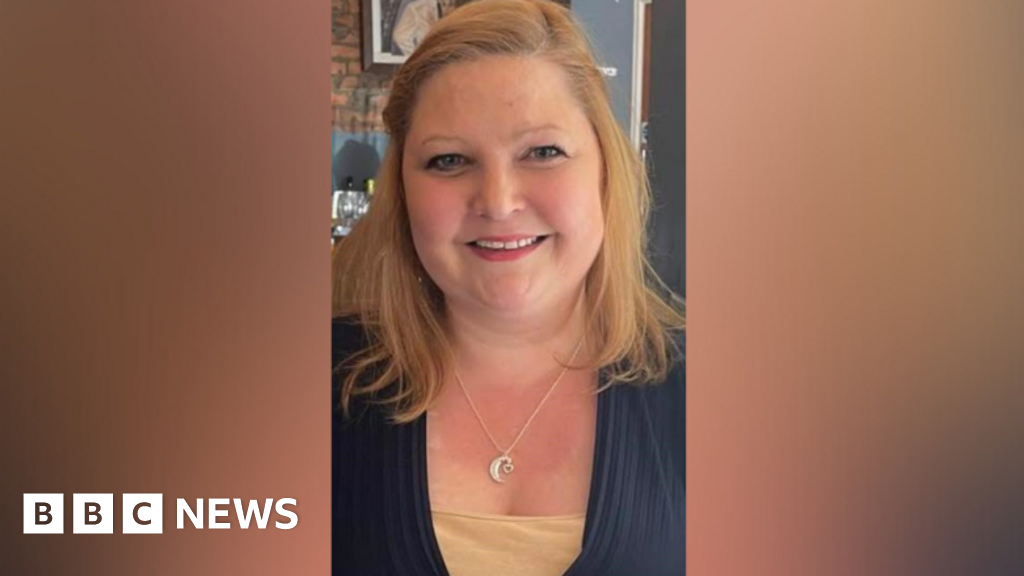The unsung author of L’Oreal’s iconic ‘because I’m worth it’ tagline finally gets her due
Back in March, to mark International Women’s Day, L’Oreal launched a short film called The Final Copy of Ilon Specht, a 18-minute profile of the advertising copywriter who coined the brand’s iconic tagline, “Because I’m Worth It.” For the past 50 years, it’s been the global beauty giant’s own version of “Just Do It.” But this is far from the usual self-congratulatory brand hype video.
Directed by Oscar winner Ben Proudfoot, the film spotlights the fights Specht had to win in order for her vision to come to life in 1971. Close to 80 years old during filming, Specht didn’t pull any punches. She paints a picture of what advertising in that era looked like, both outwardly in the world, and internally as a business.
In the ’70s, most of the advertising for women’s products were from the perspective of men, or in service to men. This will make you pretty . . . for your man. This will clean the house better . . . for your husband and children.
In the film, she describes male colleagues who were always arguing with her and taking credit when something worked. She recalled how during pitch and idea meetings for L’Oreal Preference hair color, male colleagues had suggested an idea that cast the woman as an object, rather than the subject. “I was feeling angry. I’m not interested in writing anything about looking good for men. Fuck ‘em,” says an elderly, and terminally ill, Specht in the film, before looking straight down the camera to the male camera operator. “And fuck you, too.”
The film won the Grand Prix for the film category at the Cannes Lions of Creativity last week, and is currently streaming on TED, AMC+, and Prime Video. McCann global CEO Daryl Lee credits his colleague Charlotte Franceries, president of McCann Paris and the agency’s lead on the L’Oreal business.
“The fact that we made this true story about one woman is because Charlotte said to me, we are all benefiting as McCann and as L’Oreal Paris from the power of one woman’s truth and no one knows her name,” says Lee.
What could have been
The original ad for L’Oreal Preference hair color that first used the line, “Because I’m Worth It” is a single shot of a woman walking towards the camera, explaining why she likes it, and how it makes her feel.
In the doc, we find out that spot almost never happened. In fact, Specht went behind her bosses’ back to create the ad after her agency produced and the brand approved a spot with almost the exact same script, except it was a man speaking the words on behalf of his wife, walking silently beside him. It’s clear that 50 years later it still made Specht angry. Angry enough to not want to talk about advertising or that campaign ever again.
But director Ben Proudfoot convinced her to participate. To get Proudfoot involved, producer Brendan Gaul says the key was to give the director 100% creative control. “Our intention was to create a film from the beginning, not a piece of advertising that looked like a film,” says Gaul. “And the distinction there actually is in the creative control.”
The distinction is also in how the film rolled out. Not as part of an ad campaign, but on the film festival circuit. After premiering at Tribeca X in June 2024, it earned Best Short Documentary at HollyShorts Film Festival, Best Short Documentary and the Best Atlantic Filmmaker Award at Lunenburg Film Festival, Best Documentary Short at the Chelsea Film Festival, and Best Short Film at Hot Springs Documentary Festival.
Relevant past and present
Franceries says that the entire doc process began as an exercise for L’Oreal to interrogate the relevance of its longtime tagline. That after 50 years or so, perhaps it was losing a bit of its meaning to people.
“We needed to keep it but had to give it a much stronger meaning,” says Franceries. “And the documentary is the most efficient piece of content we’ve done to convince people about the true meaning.”
Since its release, the film has attracted more than two billion impressions, and increased brand consideration for L’Oreal by 70% among viewers.
It’s a story of the past that does not sugarcoat the role both L’Oreal and McCann played as corporations and as work environments to contribute to the culture Specht was reacting against. Lee says that’s important because it shows how relevant it is to constantly be checking for blindspots, both as a person and a company. And in an environment where more and more corporations are receding away from DEI commitments, the message of the film is as important as it was 50 years ago.
“The blind spot is always going to be inclusion,” says Lee. “Business is now speed, seamlessness and scale, and you have to keep checking yourself to say, ‘Okay, we could do this faster, but someone is not speaking up, or someone is not participating, and they could be the person who unlocks the truth here.’”
Specht died in April 2024 at the age of 81. She never saw the finished film. Thankfully, her voice still lives on.
“I’m not interested in advertising, I don’t give a shit,” she says in the film. “It’s about humans; it’s not about advertising. It’s about caring for people because . . . we’re all worth it, or no one is worth it.”
What's Your Reaction?
 Like
0
Like
0
 Dislike
0
Dislike
0
 Love
0
Love
0
 Funny
0
Funny
0
 Angry
0
Angry
0
 Sad
0
Sad
0
 Wow
0
Wow
0


